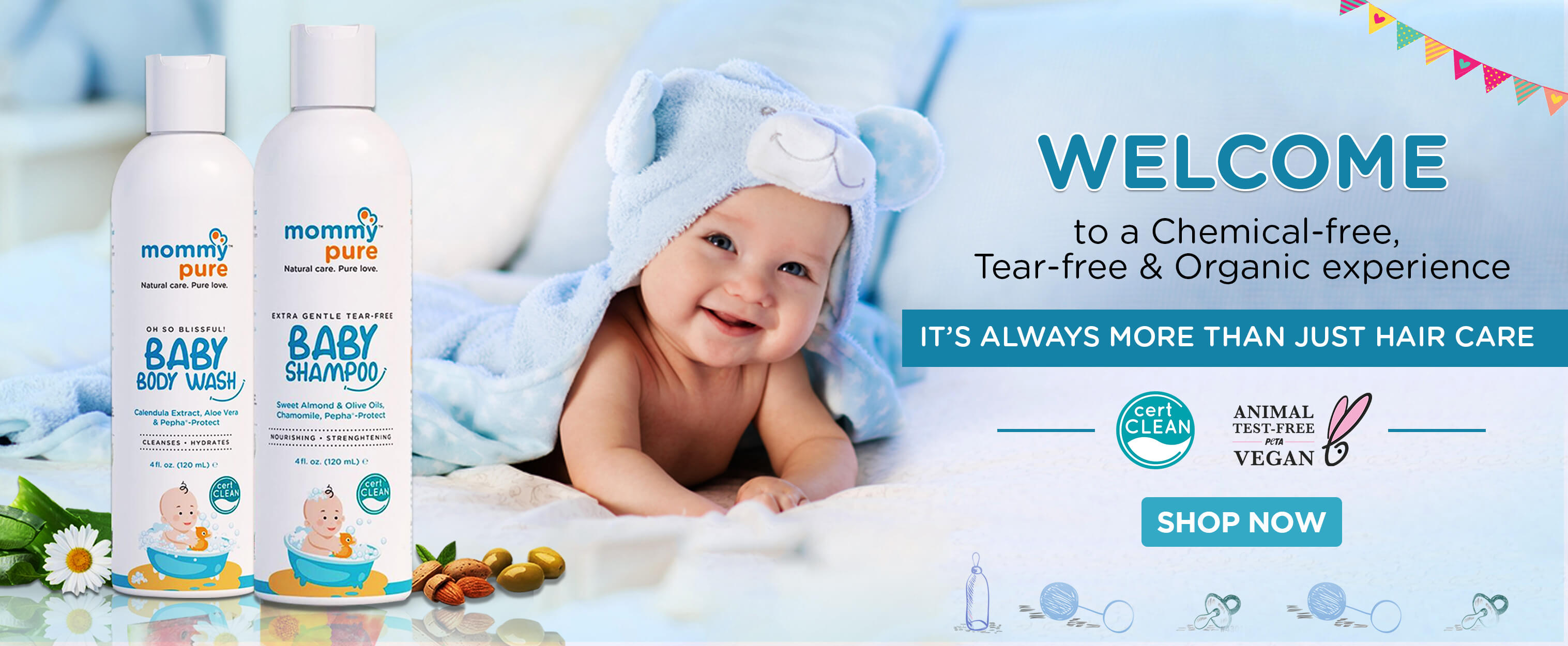
When it comes to caring for a baby, the sheer range of products available can be overwhelming for new parents. From the early days of infancy through the toddler years, ensuring your baby has the right products is crucial for comfort, safety, and development. Baby products are not just items for convenience; they play a key role in a child’s health and well-being. This guide breaks down the essentials every parent should consider, covering categories like feeding, 嬰兒用品 , clothing, transportation, and developmental toys. The right baby products can make parenthood smoother and enhance your baby’s growth journey.
The first category to consider is feeding essentials. Whether you choose breastfeeding, formula feeding, or a combination of both, you’ll need items that support feeding routines. Nursing pillows, bottles, sterilizers, and breast pumps are must-haves for the early months. As babies transition to solids, baby food makers, spoons, and non-spill cups become vital. Choosing the right feeding chair that supports good posture is also important for safety and comfort. Furthermore, hypoallergenic baby formula and organic baby food options are increasingly popular due to their health benefits and reduced risk of allergies.
Diapers and diapering supplies are perhaps the most critical products in the early months. Newborns require constant diaper changes, and selecting between cloth diapers and disposable ones is one of the first decisions parents make. Each type has its pros and cons. While disposable diapers are more convenient, cloth diapers are eco-friendly and reduce the risk of diaper rash. Diaper creams, changing mats, and wet wipes are indispensable in managing diaper-related care. Additionally, many parents are now turning to biodegradable diapers as an environmentally conscious choice.
Baby clothing is another important category, as comfort and safety are paramount. For newborns, soft fabrics like cotton are essential to avoid skin irritation. Parents should also look for clothes that are easy to put on and remove, with snap buttons and elastic waistbands. Seasonal changes dictate different needs—lightweight fabrics for summer and warm, insulated clothing for winter. Accessories such as baby socks, hats, and mittens help regulate temperature, while sleep sacks are crucial for safe sleep, eliminating the risk of loose blankets that can cause suffocation.
The next essential product category is baby transportation gear, including strollers, car seats, and baby carriers. When selecting a stroller, consider the baby’s age, the environment (urban or rural), and your personal lifestyle. Travel systems that combine a car seat and stroller are highly versatile. Car seats must meet strict safety standards, and it’s vital to ensure proper installation. Baby carriers and slings are excellent for keeping babies close, promoting bonding while offering parents hands-free mobility. Ergonomics and comfort for both baby and parent are critical factors to consider when choosing carriers.
Sleep-related products are a key focus for new parents, as babies spend a large part of their early life sleeping. Cribs, bassinets, and co-sleepers should adhere to the latest safety standards, with firm mattresses and no loose bedding. Baby monitors, particularly those with video and movement detection capabilities, offer peace of mind. Blackout curtains, white noise machines, and swaddle blankets can help create a calming sleep environment, while crib mobiles and night lights add comfort and stimulate the baby’s visual development.
Bathing and hygiene products must be chosen with care, as babies have sensitive skin. Gentle, hypoallergenic baby shampoos, body washes, and lotions are essential for avoiding irritation. Baby bathtubs provide a safe, comfortable place for bathing, while soft washcloths and hooded towels are ideal for post-bath snuggles. Nail clippers, hairbrushes, and nasal aspirators round out a well-equipped hygiene kit. Parents may also opt for organic and chemical-free products, which reduce the risk of allergic reactions and provide a more natural care option for the baby.
Developmental toys and products play a crucial role in a baby’s mental and physical growth. Toys designed for different developmental stages—such as rattles, teething rings, and play mats for newborns—stimulate sensory experiences. As babies grow, interactive toys, soft books, and building blocks promote motor skills and cognitive development. Baby gyms, activity centers, and walker toys can help babies develop muscle strength, while soft plush toys provide comfort and companionship. Always ensure that toys are free from small parts that could pose choking hazards and that they are made from non-toxic materials.
In addition to toys, baby safety products are essential for creating a secure home environment. Baby gates, outlet covers, and corner guards prevent accidents as babies become more mobile. Babyproofing the home includes securing furniture to walls and keeping hazardous items out of reach. Baby monitors with motion detection and video functions allow parents to keep a close eye on their little ones. In the car, rear-facing car seats that meet safety regulations should be used as long as possible to protect the baby in the event of an accident.
Health and wellness products for babies help manage common issues like colic, teething, and fevers. Digital thermometers, nasal aspirators, and baby-friendly pain relievers are important to have on hand. Baby humidifiers can ease respiratory discomfort, especially during dry winter months. Teething rings and gels provide relief from teething pain, while probiotic drops can aid digestion and reduce colic symptoms. Parents should also consider having a first-aid kit tailored for babies, complete with band-aids, antiseptic creams, and baby-safe insect repellent.
Finally, eco-friendly and sustainable baby products are becoming increasingly popular among parents who are conscious of their environmental footprint. From organic cotton baby clothes to biodegradable diapers and sustainably sourced baby furniture, many brands now offer eco-conscious alternatives. Reusable products, such as cloth diapers, washable baby wipes, and bamboo feeding utensils, are not only better for the environment but can also be cost-effective in the long run. Choosing products that are both safe for the baby and kind to the planet is a growing priority for modern parents.